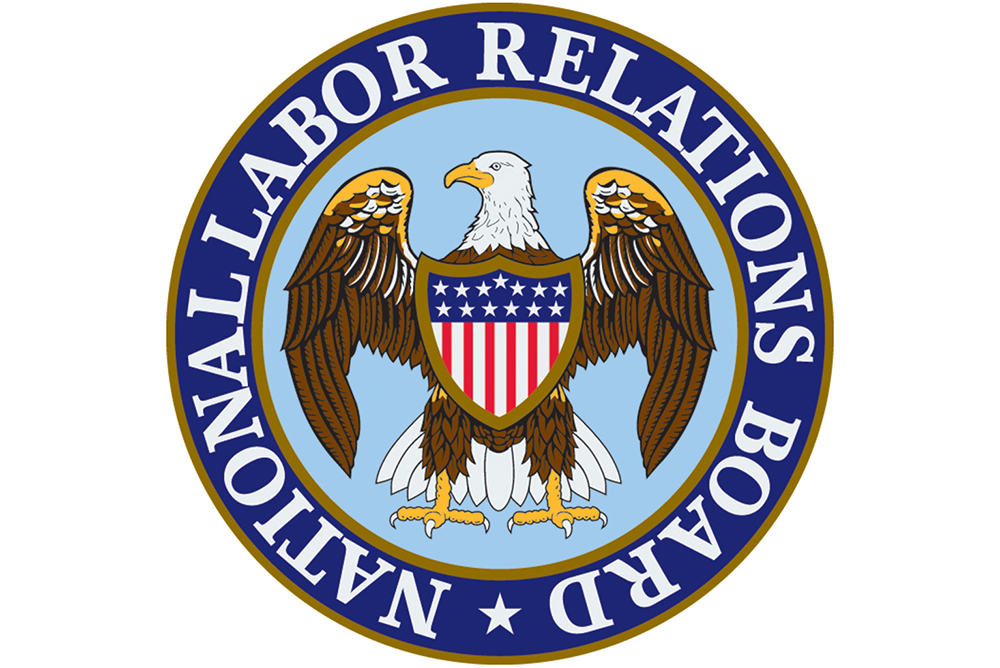The National Labor Relations Board (NLRB) has finalized changes to its rules that are expected to make union representation efforts more difficult.
The final rule, published in the April 1 Federal Register, makes amendments affecting the Board’s blocking charge policy, its voluntary recognition bar, and union recognition in the construction industry. The final rule’s effective date is June 1.
The amendments were proposed in August 2019 and are part of a long-planned series of union election changes, according to Burton J. Fishman, an attorney with Fortney & Scott, LLC in Washington, D.C. He says the Board’s action “raises the barriers to union representation.”
Blocking Charge Policy
The NLRB’s announcement says the new amendment replaces the current blocking charge policy with either a vote-and-count or a vote-and-impound procedure.
Under the old policy, a party, usually a union, could block an election indefinitely by filing unfair labor practice charges. Under the new policy, elections will no longer be blocked by pending unfair labor practice charges.
Under the new rule, the ballots will either be counted or impounded—depending on the nature of the charges—until the charges are resolved, the Board’s announcement says. The certification of the election results won’t be issued until a final disposition of the charge.
Fishman says the ultimate effect of the new policy remains to be seen. Permitting the vote instead of blocking it may make the rule change neutral.
Voluntary Recognition Bar
The new amendment returns to the rule of Dana Corp., 351 NLRB 434 (2007). That rule relates to how quickly union representation can be challenged when an employer voluntarily recognizes a union.
Before the new amendment, an employer’s voluntary recognition of a union immediately barred the filing of an election petition for no less than 6 months after the date of the parties’ first bargaining session and no more than 1 year after that date. The NLRB majority proposed returning to the previous standard so that a Board-conducted secret-ballot election wouldn’t be precluded for a long period.
“This reopens the door to challenges to voluntary recognitions after a month and a half,” Fishman says, giving a union much less time to solidify support.
The new amendment applies to a voluntary recognition on or after the effective date of the rule.
Recognition in Construction Industry
The rule change is expected to make it harder for a union to show it has sufficient support to maintain a collective bargaining relationship. The new rule overrules Staunton Fuel, 335 NLRB 717 (2001). The NLRB’s announcement says the amendment applies to an employer’s voluntary recognition extended on or after the effective date of the rule, and to any collective-bargaining agreement entered into on or after the effective date of voluntary recognition extended on or after the effective date of the rule.
Tammy Binford writes and edits news alerts and newsletter articles on labor and employment law topics for BLR web and print publications.
